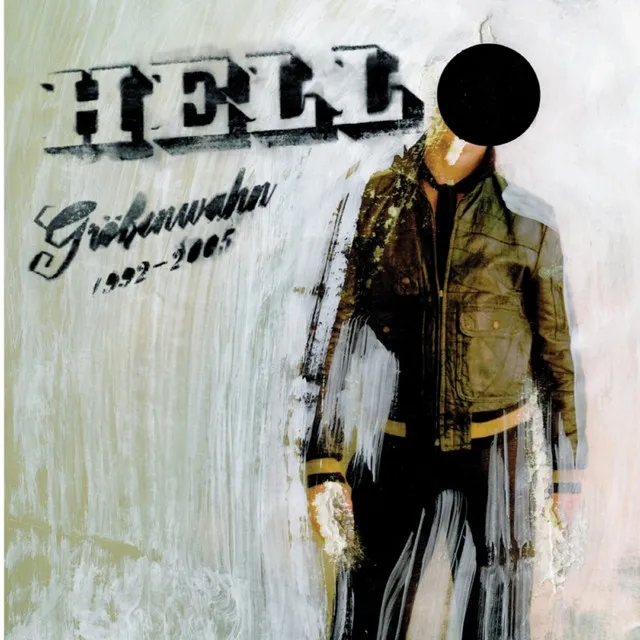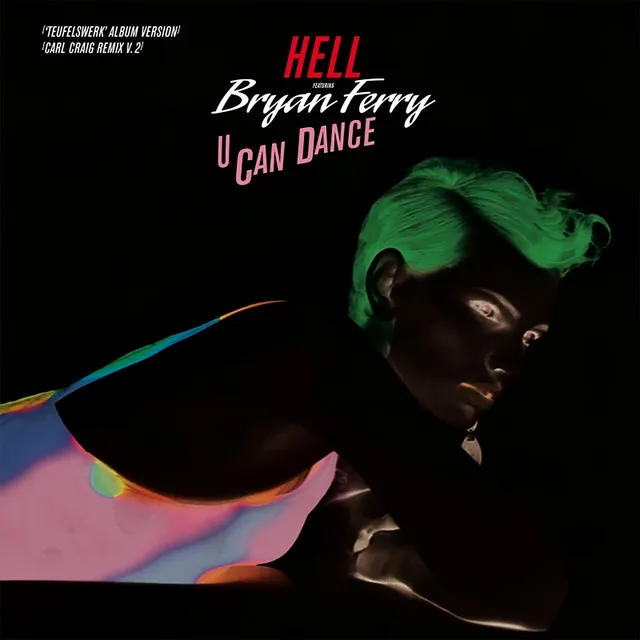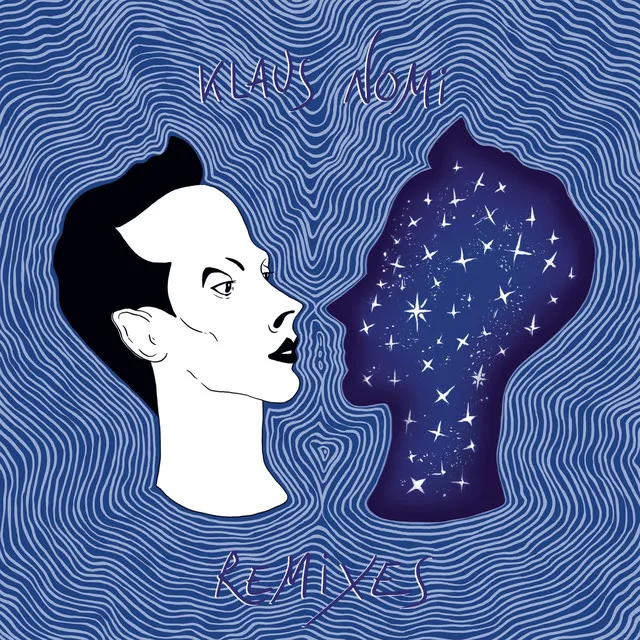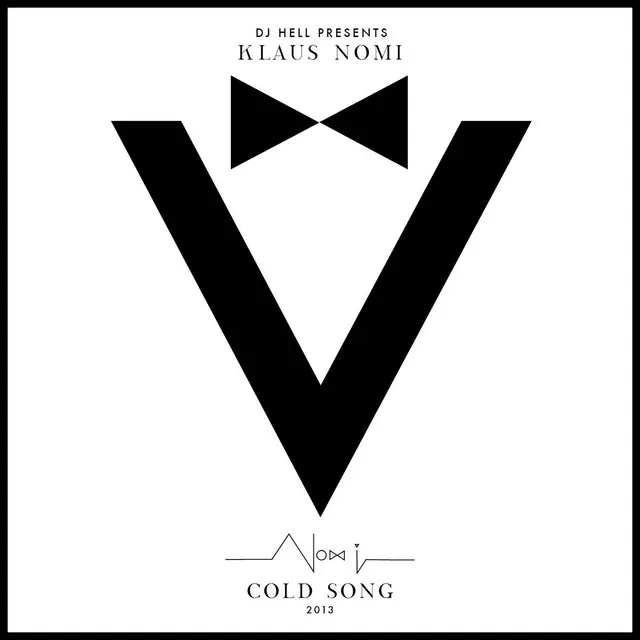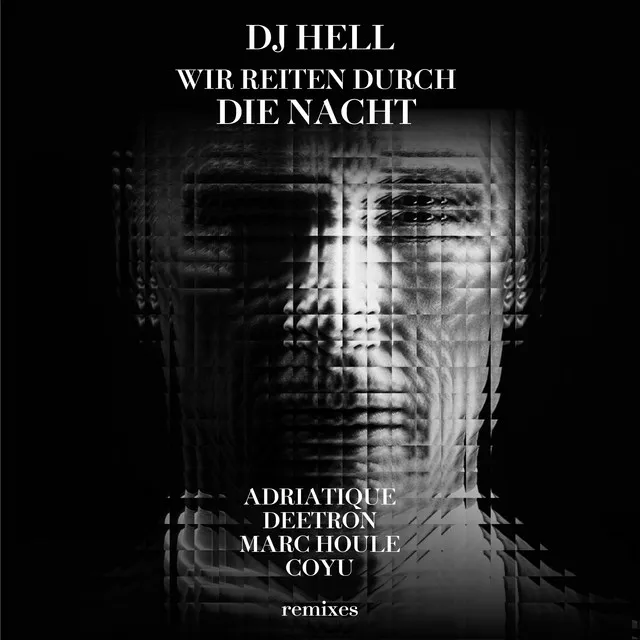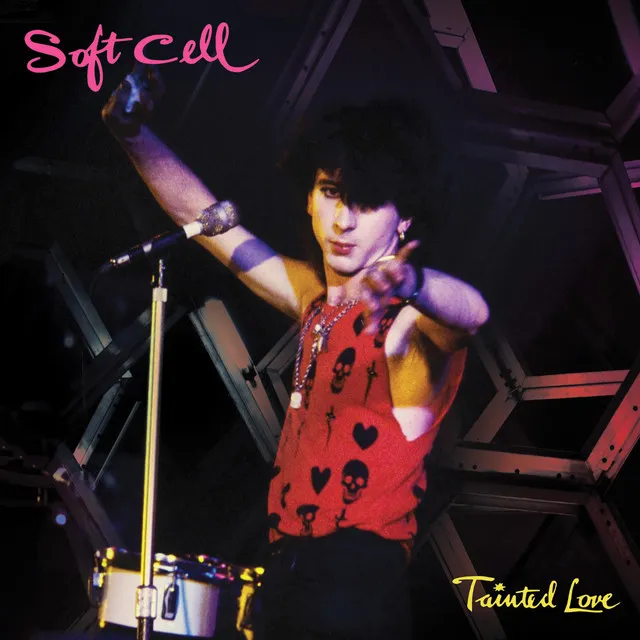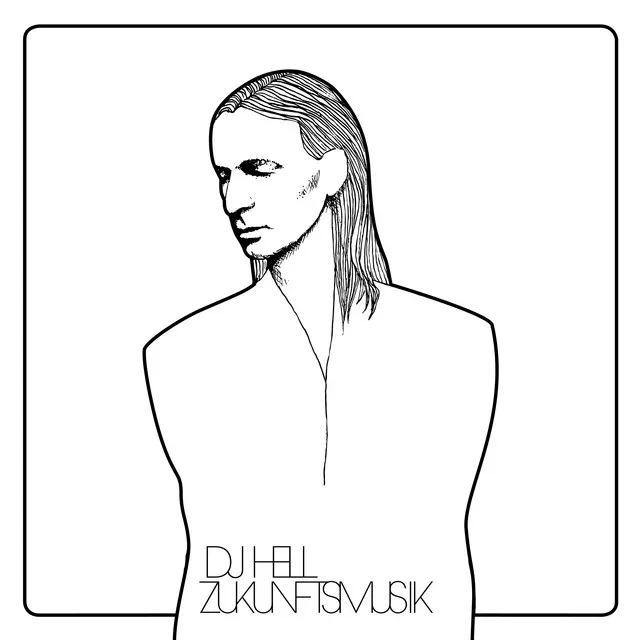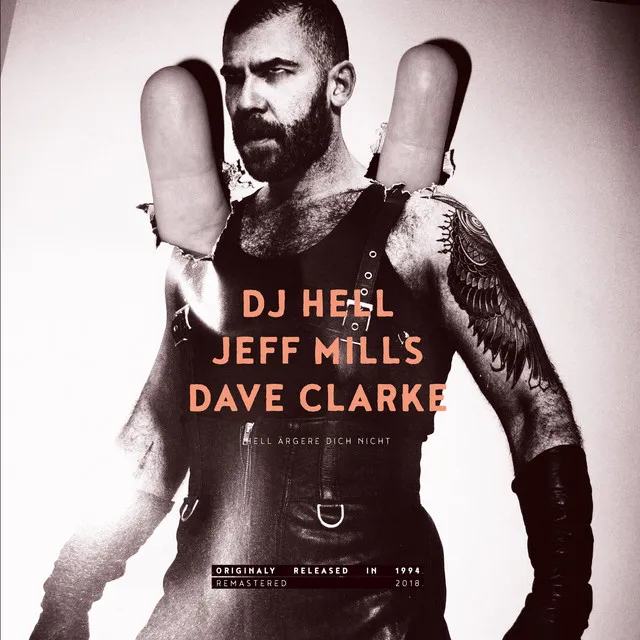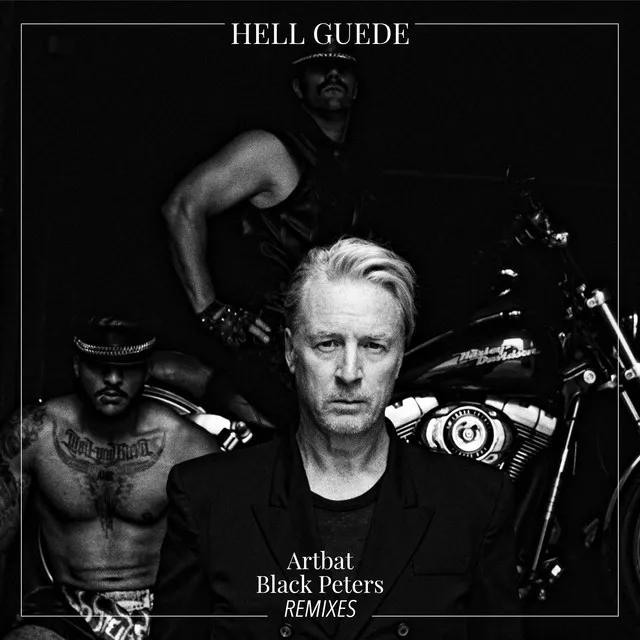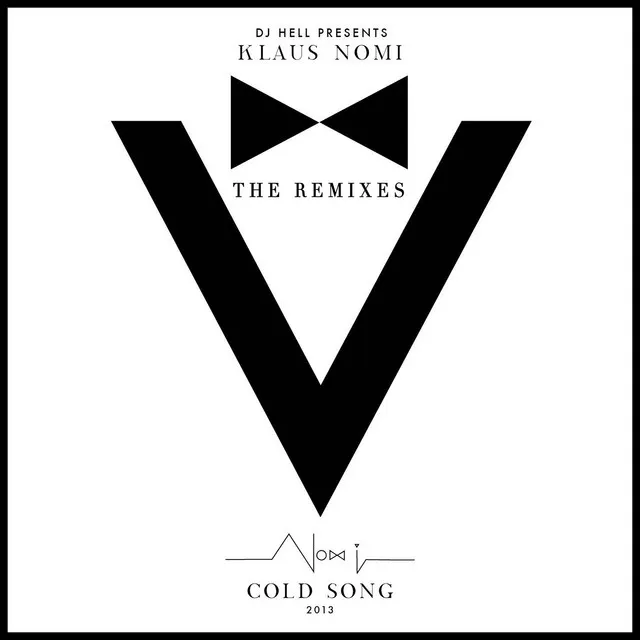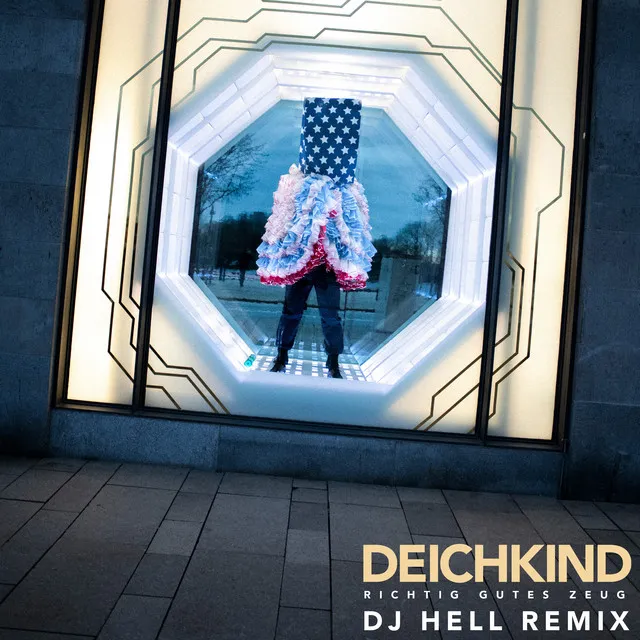Arch-provocateur DJ Hell (or simply Hell) is one of the most revered and influential figures in the history of electronic music. Active in club culture since the late '70s, he has participated in and/or helped cultivate the development of underground dance movements ranging from house and techno to electroclash. He is perhaps known foremost as a DJ, given that he has held residencies at numerous high-profile venues and, during the '90s and 2000s, routinely placed second in polls conducted by German magazines Groove and Spex. Hell's DJ mixes, starting with 1995's X-Mix-5 (Wildstyle), include volumes for !K7 and Tresor. A few years before his commercial mix debut, Hell started to make a name for himself as a producer with tracks such as "My Definition of House Music" and the full-length Geteert & Gefedert. His lengthy discography is additionally highlighted by projects like 1998's Munich Machine and 2003's NY Muscle, followed by 2009's Teufelswerk, 2017's Zukunftsmusik, and 2020's House Music Box (Past Present No Future). Hell has filled crucial roles behind the scenes as an A&R man and/or head of revered labels such as Disko B, Logic Records, and International Deejay Gigolos.
Born Helmut Josef Geier on September 6, 1962, and brought up in the tiny Bavarian market town of Altenmarkt an der Alz, Hell grew up on the outsider electronic music of the '60s and '70s, never imagining there would one day be money in it. Beginning his mixing career while still a teenager, he moved through punk and new wave to electro, house, and hip-hop by the mid-'80s. Residencies at venues such as Libella, Park Café, and Tanzlokal Grössenwahn gradually led to the start of his production career. One of his first singles, "My Definition of House Music," became a large club hit when reissued by Belgium's R&S Records in 1992, the year he began a residency at Tresor. Having already helped launch Disko B and done additional A&R work for Frankfurt's Logic Records, he moved to Berlin to work at Hard Wax in 1993 and 1994, and also spent time in New York -- spinning at Limelight -- before moving back to his native Munich.
Hell's global profile grew considerably during the mid-'90s. His first album of productions, Geteert und Gefedert ("Tarred and Feathered"), was released on Disko B in 1994, and a year later, the !K7 label issued X-Mix-5 (Wildstyle), his first commercial DJ mix. His second full-length, 1998's Munich Machine, also appeared on Disko B -- credited simply to Hell. (His stage name, as well as being a truncation of his given name, has a double meaning -- in addition to its associations in English, the German adjective hell means "bright.") The album is notable for kick-starting the electroclash movement by combining guitar rock with dance music, something that was strictly verboten at the time. Besides continuing to DJ around the world, he started the International Deejay Gigolos label, which released tracks by Jeff Mills, Christopher Just, and David Carretta, among others.
In 2003, Hell returned to New York for a period. While there again, he produced his third album, the no wave-inspired NY Muscle, on which he collaborated with the likes of Alan Vega, Billie Ray Martin, and James Murphy. His next two albums came after long gaps, as he busied himself with running his label and working on other creative endeavors such as visual art and fashion. The two-disc 2009 epic Teufelswerk ("Devil's Work") saw him go back to the past for a kosmische-inspired trip with Bryan Ferry and Diddy making guest appearances. Released eight years later, Zukunftsmusik ("Future Music"), co-produced by Peter Kruder, paid tribute to gay culture with a deft synthesis of sounds spanning the history of club music, from lush ambient through raw electro-house to smooth pop melodies.
Hell set up another label, The DJ Hell Experience, establishing it in 2020 with his soundtrack for the Henning Gronkowski film Yung and the album House Music Box (Past Present No Future), featuring references to Jimi Hendrix, Gil Scott-Heron, and legendary Detroit radio DJ the Electrifying Mojo. The latter recording featured artwork from Jonathan Meese, with whom Hell produced the 2021 album Hab Keine Angst, Hab Keine Angst, Ich Bin Deine Angst. ~ John Bush & John D. Buchanan, Rovi
